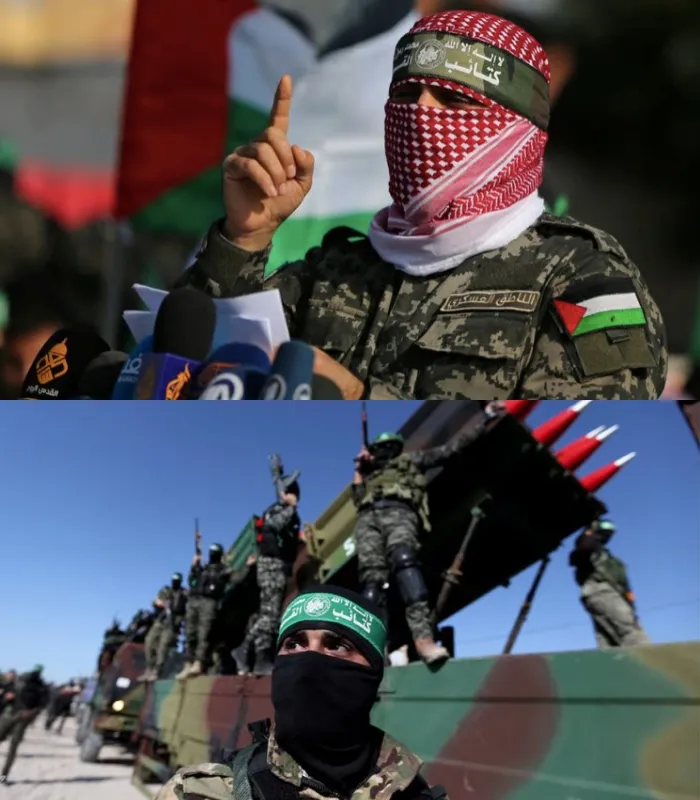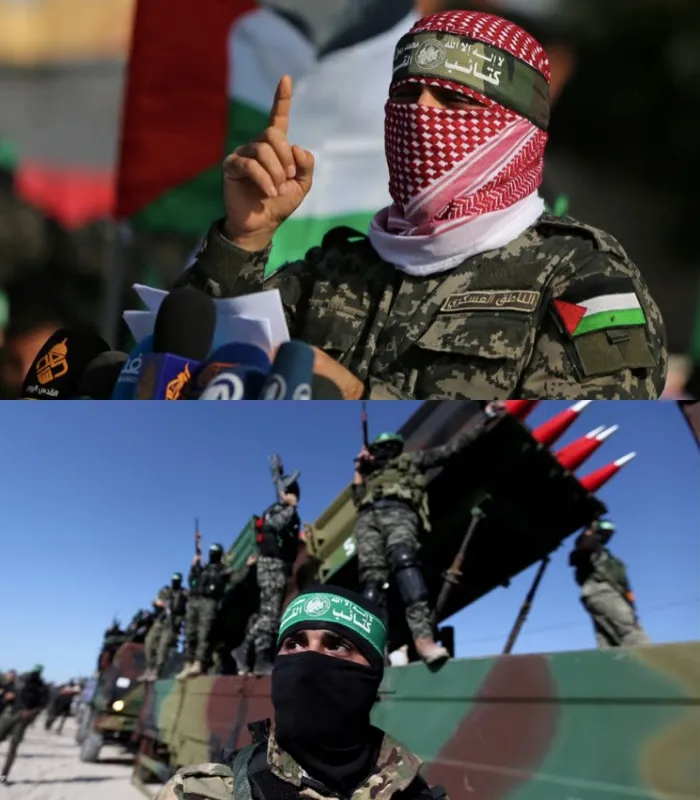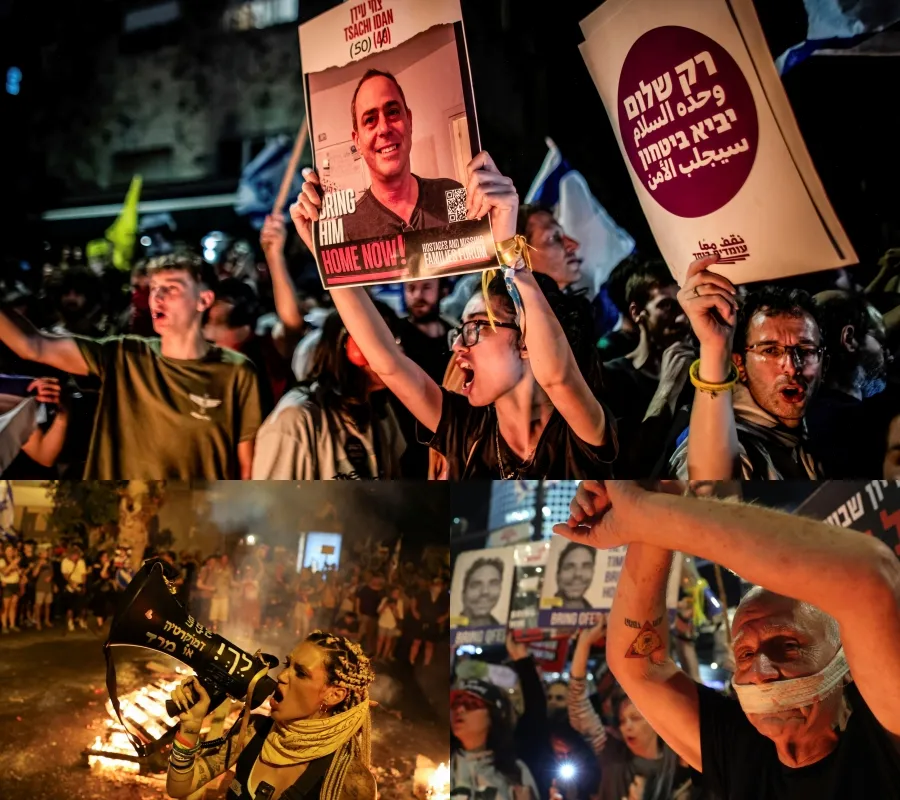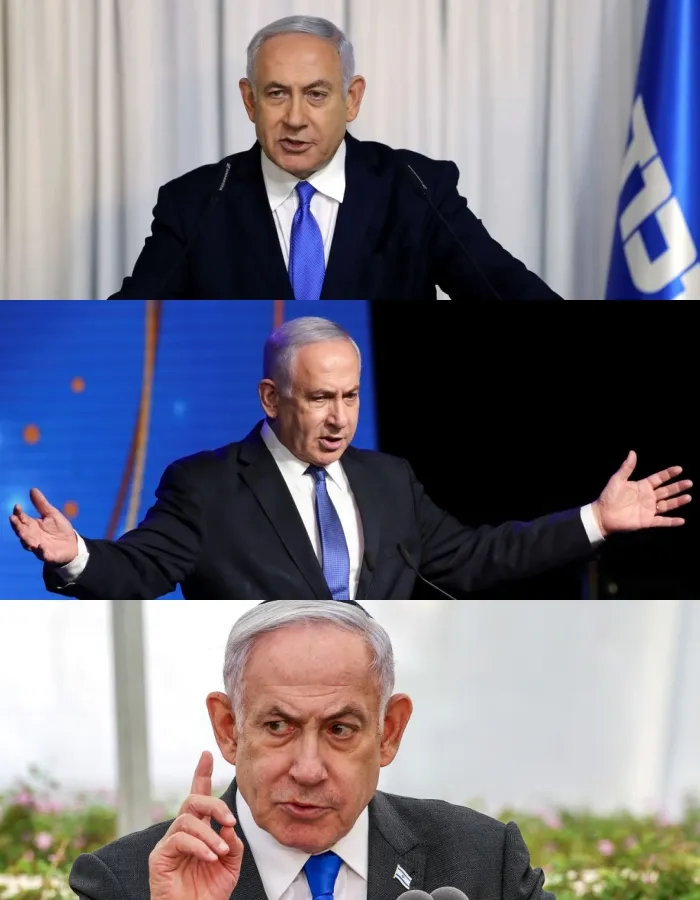
Hamas has introduced a new phase in its conflict with Israel, with its recent announcement that militants guarding Israeli hostages in Gaza’s buildings and tunnels have been given “new instructions” to kill them if Israeli troops approach. This chilling strategy marks a stark escalation in an already brutal war.
Psychological Warfare and Public Outrage

Capitalizing on public outrage in Israel over Prime Minister Benjamin Netanyahu’s inability to secure the release of the remaining hostages, Hamas released a comic book-style image of a captive threatened with a gun. This was followed by a video of Eden Yerushalmi, a 24-year-old bartender who was among the six hostages that Israel claims were executed in Hamas captivity last week before Israeli forces could intervene. The timing of these releases, right after the funerals of the deceased hostages, heightened the psychological impact. Hamas further inflamed emotions by releasing videos, purportedly showing the “final messages” of the remaining hostages, with more footage promised to follow.

Hamas’ new approach, described by Yerushalmi’s family as “psychological terror,” has intensified anger within Israeli society. Over the past three days, massive protests erupted across several Israeli cities, with demonstrators blaming Netanyahu for what they perceive as sacrificing citizens to maintain his grip on power.
Intensifying Protests Against Netanyahu
Amid a general strike that nearly paralyzed the country, thousands took to the streets again, demanding the release of hostages held in Gaza. Demonstrations were held in cities like Jerusalem, Tel Aviv, Haifa, and Ra’anana, with some of the largest crowds gathering outside the Kirya military headquarters in Tel Aviv. The protestors, including families of the hostages, expressed their frustration over Netanyahu’s handling of the situation.
Hamas’ Changing Strategy and Its Implications
Some analysts suggest that Hamas may no longer view hostages as leverage against Israel. Tahani Mustafa, a senior analyst at Crisis Group, noted that Hamas might believe the current Israeli administration is uninterested in negotiating a hostage release deal. This perception has led to a significant shift in Hamas’ strategy, moving away from seeing hostages as “playing cards.”
Hamas announced its new instructions for hostages after an incident in Nuseirat, Gaza, where an Israel Defense Forces (IDF) operation in June rescued four Israeli hostages from a refugee camp. The raid, which resulted in 274 Palestinian deaths, weakened Hamas’ bargaining position, and since then, the IDF has managed to rescue another hostage.
Netanyahu’s Stance and Its Consequences
Netanyahu remains firm on his twin objectives: destroying Hamas and retrieving hostages. However, the recent killing of six hostages under Hamas’ new directive has led to a massive public outcry. Many Israelis are questioning if Israel’s military power can achieve its goals without endangering more than 100 remaining hostages.
Netanyahu’s response to the killing of the hostages has been resolute. He vowed to retaliate strongly against Hamas, comparing the response to Israel’s strike against Hezbollah in July, which resulted in the death of a top commander. Despite mounting pressure, Netanyahu refuses to withdraw soldiers from the Gaza-Egypt border, a critical point in negotiations for a potential ceasefire-for-hostages deal.

The Political Fallout and Future Implications
The escalation has also triggered political tensions within Netanyahu’s government, particularly with Defense Minister Yoav Gallant over Israel’s military presence in the Philadelphi Corridor, a strip of land along the Gaza-Egypt border. Netanyahu insists on maintaining this presence for security reasons, while Gallant warns it could derail any agreement.
The cabinet has backed Netanyahu’s strategy, with only Gallant dissenting, but the debate highlights deeper divisions within the Israeli leadership about the best course of action.
Hamas’ brutal new tactics have intensified the conflict, drawing Israel into a deeper crisis. As public outrage grows and the political situation becomes more complex, Netanyahu’s government faces mounting pressure both domestically and internationally. The unfolding events signal a critical juncture in the war and hostage crisis, with potentially far-reaching consequences for both sides.






